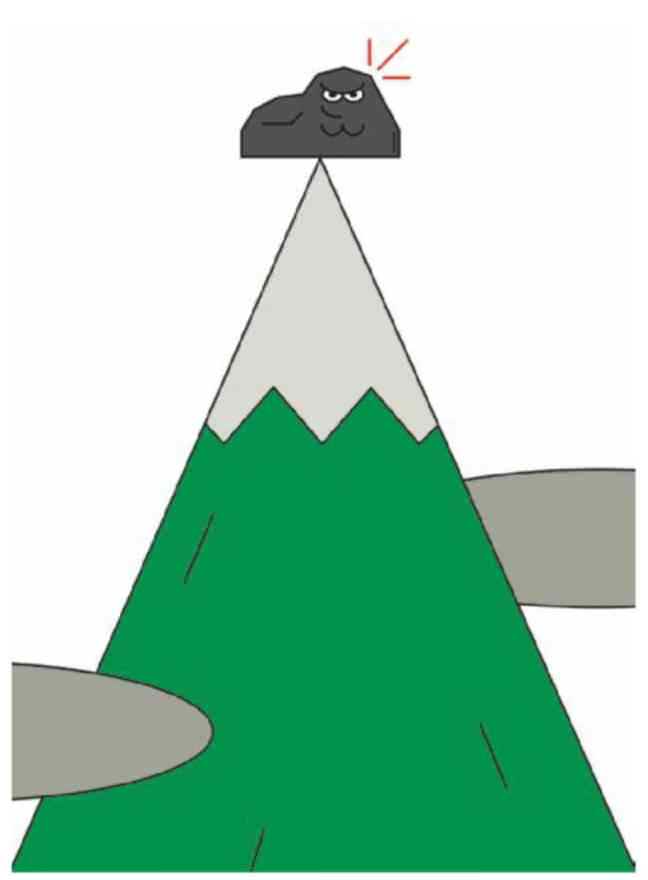Ten years later, its shrewd moves are a master class in capitalizing on others’ risk

Our memories of the 2008 U.S. financial crisis primarily concern losses: Bear Stearns, Lehman Brothers, homebuyers, insurers that made reckless bets, and American taxpayers who shouldered billions of dollars in bank bailouts. What about the big wins? One stands out.
BlackRock Inc., the world’s largest money manager, may never have grown as far and as fast as it did without the unprecedented changes brought about by the recession. The business now towers over its competitors; its $6.3 trillion in assets under management exceeds the size of Germany’s economy.
The story of how BlackRock reached its current position is also the story of the financial industry over the past 10 years. The rise of exchange-traded and index funds and low-fee investing; lower risk tolerance on consumers’ part and higher anxiety within institutions; the government’s scramble to understand this crash and prevent future ones—all of these played to BlackRock’s benefit.
BlackRock declined a request to interview Chief Executive Officer Larry Fink or any company executive for this story. Asked to comment on how the crisis shaped 10 years of growth, BlackRock spokesman Brian Beades offered, “We have always worked to anticipate our clients’ changing needs, and we deliberately evolve our business to meet them.”
The tale of that evolution post-crisis begins with Barclays Plc, which was looking to boost its capital reserves after rejecting U.K. government bailout money. The bank put up one of its crown jewels for sale: the iShares ETF unit, part of the fast-growing, San Francisco-based fund management subsidiary Barclays Global Investors Ltd. (BGI).
この記事は Bloomberg Businessweek の September 03, 2018 版に掲載されています。
7 日間の Magzter GOLD 無料トライアルを開始して、何千もの厳選されたプレミアム ストーリー、9,000 以上の雑誌や新聞にアクセスしてください。
すでに購読者です ? サインイン
この記事は Bloomberg Businessweek の September 03, 2018 版に掲載されています。
7 日間の Magzter GOLD 無料トライアルを開始して、何千もの厳選されたプレミアム ストーリー、9,000 以上の雑誌や新聞にアクセスしてください。
すでに購読者です? サインイン

Instagram's Founders Say It's Time for a New Social App
The rise of AI and the fall of Twitter could create opportunities for upstarts

Running in Circles
A subscription running shoe program aims to fight footwear waste

What I Learned Working at a Hawaiien Mega-Resort
Nine wild secrets from the staff at Turtle Bay, who have to manage everyone from haughty honeymooners to go-go-dancing golfers.

How Noma Will Blossom In Kyoto
The best restaurant in the world just began its second pop-up in Japan. Here's what's cooking

The Last-Mover Problem
A startup called Sennder is trying to bring an extremely tech-resistant industry into the age of apps

Tick Tock, TikTok
The US thinks the Chinese-owned social media app is a major national security risk. TikTok is running out of ways to avoid a ban

Cleaner Clothing Dye, Made From Bacteria
A UK company produces colors with less water than conventional methods and no toxic chemicals

Pumping Heat in Hamburg
The German port city plans to store hot water underground and bring it up to heat homes in the winter

Sustainability: Calamari's Climate Edge
Squid's ability to flourish in warmer waters makes it fitting for a diet for the changing environment

New Money, New Problems
In Naples, an influx of wealthy is displacing out-of-towners lower-income workers